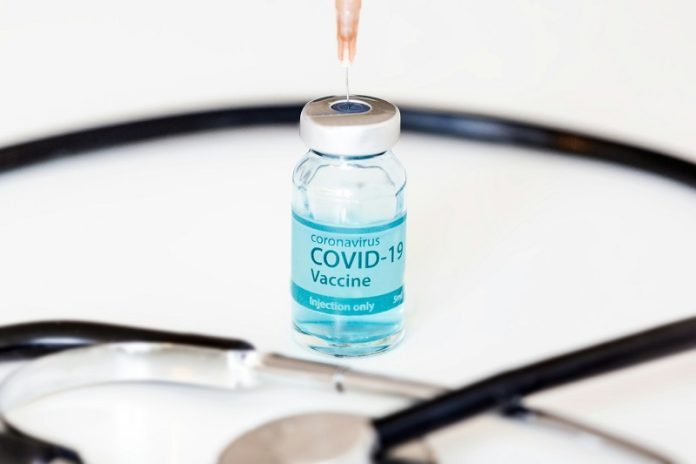
A groundbreaking study has unveiled a promising intranasal vaccine for COVID-19 that offers improved and prolonged immunity compared to traditional injection methods.
This novel approach, focusing on administering the vaccine directly through the nose, could enhance the body’s immune memory against the SARS-CoV-2 virus and potentially reduce the frequency of booster shots.
The research, spearheaded by lead author Ashley St John, associate professor in the emerging infectious diseases program at Duke-NUS, compared the effectiveness of nasal and subcutaneous (under the skin) vaccine administration.
The study, published in eBioMedicine, demonstrated that the nasal vaccine route not only boosts the mucosal antibody response but also induces a stronger and more lasting mucosal and systemic immune protection.
This is achieved through the preferential induction of airway-resident T cells and central memory T cells.
Central memory T cells are crucial for long-term immunity, enhancing the immune system’s memory and response upon re-exposure to the virus.
This suggests that intranasal vaccination could lead to more enduring protection against COVID-19, possibly minimizing the need for frequent booster shots.
Additionally, the study explored the use of adjuvants—substances added to vaccines to amplify the immune response.
The findings revealed that different adjuvants can influence the characteristics and activation of T cells, as well as their cytokine production. Cytokines are small proteins essential for cell communication and controlling inflammation.
A significant discovery from this research is that IgG antibodies, which are abundant in the bloodstream and crucial for neutralizing the virus, are more effective against various virus variants, including new emergent ones, when induced through the nasal vaccine route.
This study’s implications extend beyond the current pandemic phase, as Professor Patrick Tan, senior vice-dean for research, points out.
With the emergence of new COVID-19 variants, such as JN.1, leading to increased hospital admissions, the development of mucosal vaccines could enhance vaccine efficacy and potentially reduce the need for multiple booster doses.
The researchers have filed a patent for this innovative vaccine composition formulated for mucosal delivery.
This opens opportunities for industry partnerships to develop mucosal vaccines not only against COVID-19 but also other pathogens targeting mucosal surfaces.
This research marks a significant advancement in vaccine technology, offering a potential new strategy for more effective and long-lasting protection against COVID-19 and other infectious diseases.
If you care about COVID, please read studies about Vitamin D deficiency linked to severe COVID-19, and how diets could help manage post-COVID syndrome.
For more information about COVID, please see recent studies about new evidence on rare blood clots after COVID-19 vaccination, and results showing zinc could help reduce COVID-19 infection risk.
The research findings can be found in eBioMedicine.
Copyright © 2024 Knowridge Science Report. All rights reserved.



